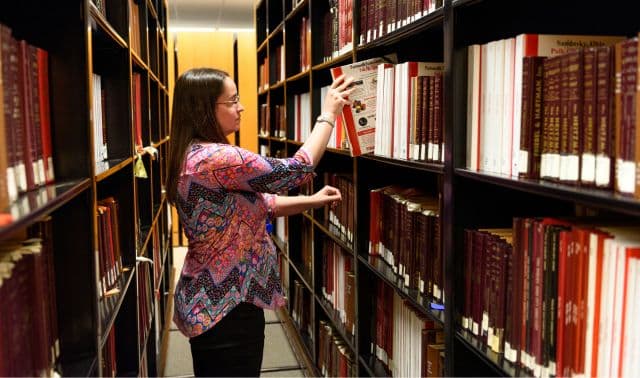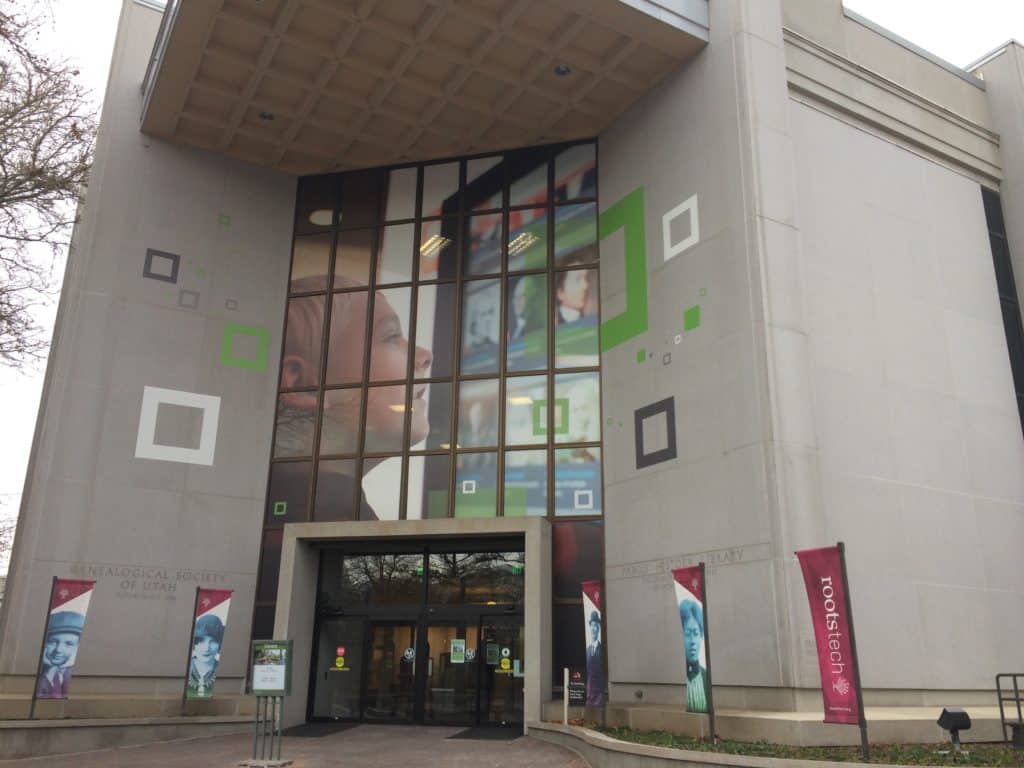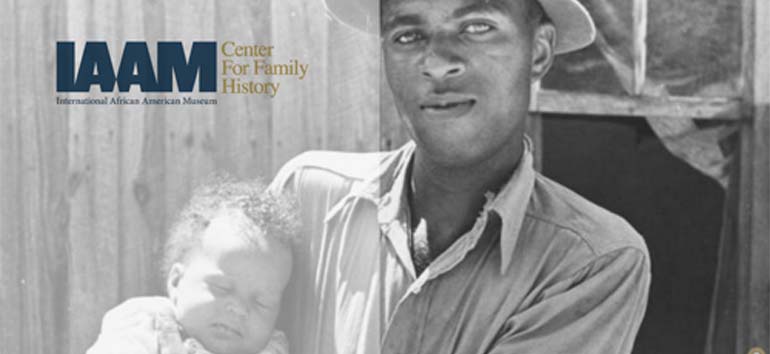Sign up for the Family Tree Newsletter! Plus, you’ll receive our 10 Essential Genealogy Research Forms PDF as a special thank you.
Get Your Free Genealogy Forms
"*" indicates required fields
Do you plan to seek your genealogical fortune at next week’s National Genealogical Society 2013 Family History Conference in Las Vegas?
The conference, May 8-11, offers opportunities to take classes; shop for genealogy books, software, subscriptionwebsites and more; collaborate with other researchers; and take local history tours.
Nearly all of present-day Nevada was in Utah territory from after the Mexican-American War until 1861. The discovery of gold in California in 1848, and silver in Virginia City’s Comstock Lode in 1859, sent miners rushing through the area, leading to the formation of Nevada Territory in 1861. Nevada became a state three years later.
As the Comstock Lode dwindled during the 1880s, Nevada entered a depression that lasted until new mineral deposits were found in 1900. The railroad and federally funded irrigation projects helped, too.
Nevada legalized gambling in 1931. The Las Vegas Sun has more local history here.
If you plan to play the genealogy odds during your trip to the NGS conference (or from home), improve your chances with these Las Vegas research tips.
Local repositories you can visit in person and/or online include:
- Clark County Genealogical Society: One of several local NGS conference hosts, this society houses its research materials and provides volunteers at the Heritage Room of the Paseo Verde Library in nearby Henderson, Nev.
- Las Vegas FamilySearch Library at 509 South 9th Street: This large branch of the Salt lake City Family History Library has a vast collection of local research books and microfilm, in addition to helpful volunteers and 50 computers with access to subscription databases. It’ll be open from 9 a.m. to 9 p.m. Tuesday through Friday of the conference, and 9 a.m. to 5 p.m. that Saturday.
- University of Nevada, Las Vegas Department of Special Collections at 4505 S. Maryland Parkway: Find manuscripts, maps, photographs, oral histories and more related to local history, plus the Nevada Women’s Archives.
These tips and resources also will help you find Las Vegas and Nevada ancestors:
- Statewide birth and death certificates begin in 1911, and marriages and divorces don’t start until 1969. These, of course, document many couples from other states who wed in Vegas (and perhaps then changed their minds about too-hasty vows). Many counties have marriage and divorce records back as far as 1862; nearly all began birth and death registration in 1887.
- The free Nevada Online Census Database indexes about 310,000 US census entries from 1860 through 1920.
- Find data from 1862 and 1863 Nevada Territory censuses, plus maps, state land patents and more online in the Nevada State Library and Archives’ (NSLA’s) digital archives. In addition to those partial territorial censuses, NSLA has an 1875 state census on microfilm (you also can search the 1875 Nevada state census on Ancestry.com).
- Got miners in your family tree? The Nevada Historical Society in Reno has mining company records including payrolls, customer lists and an “accident file” of miners killed in work-related mishaps before 1900.
- For purchases of Federal land, patents issued after 1908 are searchable online through the Bureau of Land Management (BLM) General Land Office record search. Records of earlier transactions are at the BLM’s Nevada office in Reno.
Research your genealogy across the USA with Family Tree Magazine‘s newly updated State Research Guides e-book.





